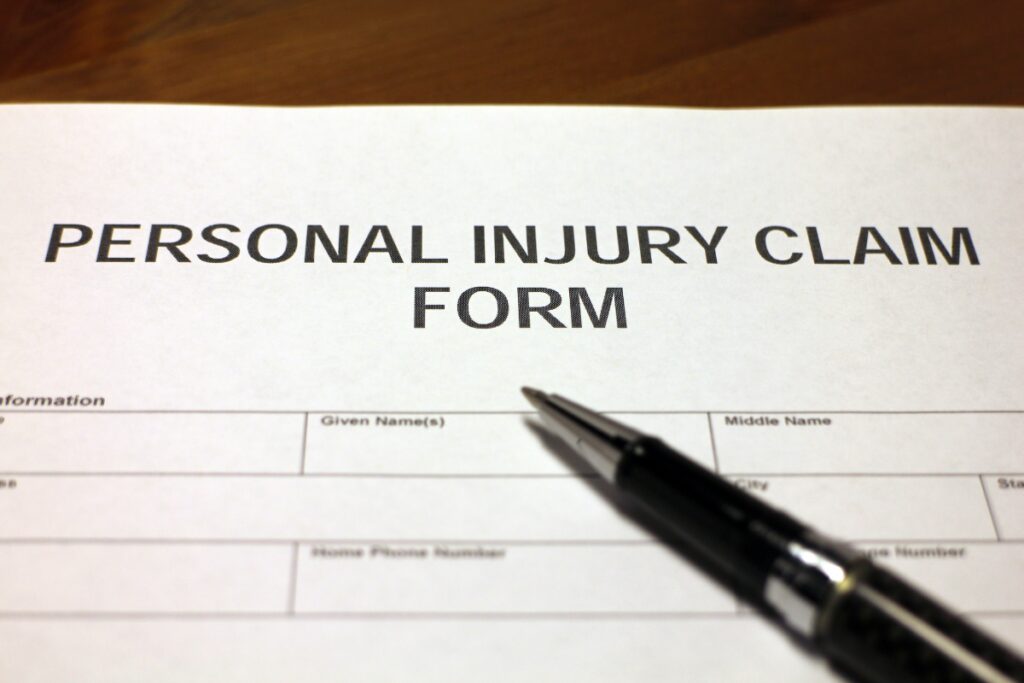Personal injury cases can feel overwhelming, especially when it comes to understanding how settlements work. From medical bills and lost wages to emotional distress, many factors play a role in determining the outcome. Naturally, people often have many questions about what to expect during the settlement process and how it may affect their recovery.
For anyone navigating this situation, knowing the answers to common concerns can make things much clearer. Whether it’s about timelines, compensation, or negotiations, having the right information is key to handling a personal injury claim effectively. This guide addresses frequently asked questions to help you feel more informed and prepared.
What Is a Personal Injury Settlement?
A personal injury settlement is the resolution of a legal dispute where the injured party agrees to accept compensation instead of pursuing a trial. The amount depends on the severity of the injuries, the impact on daily life, and the evidence available. A settlement helps both sides avoid the stress and expense of court, but it should always be reviewed carefully before being accepted.
How Long Does It Take to Receive a Settlement?
The timeline varies depending on the case. Some claims resolve in a few months, while others can take over a year. Factors that affect timing include:
- The severity of injuries and required medical treatment.
- The insurance company’s willingness to negotiate.
- Whether liability is disputed.
A personal injury attorney can help speed up negotiations while ensuring you don’t accept less than you deserve.
How Is the Settlement Amount Calculated?
The settlement is not a random number; it is based on actual losses and damages. These may include:
- Medical bills (current and future treatment).
- Lost wages due to missed work.
- Pain and suffering compensation.
- Property damage, if applicable.
Lawyers often use past case results and expert evaluations to estimate a fair settlement value.
Do I Have to Go to Court?
Not always. In fact, most personal injury claims are resolved outside of court through negotiations. Going to trial is usually the last option if the insurance company refuses to offer a fair amount. Your lawyer will prepare your case as if it’s going to trial, but in many cases, settlements are reached before that stage.
Should I Accept the First Offer?
Usually not. Insurance companies often make low initial offers to save money. Accepting too soon could mean losing out on compensation for long-term medical care or future lost earnings. A personal injury attorney can evaluate the offer and negotiate for an amount that truly reflects your losses.
What If I’m Partly at Fault?
Many states follow “comparative negligence” rules. This means you can still recover compensation even if you share some blame. However, your settlement may be reduced by your percentage of fault.
For example, if you are found 20% at fault, your settlement may be reduced by 20%. Having a lawyer is crucial to limit how much blame is assigned to you.
Do I Have to Pay Taxes on a Settlement?
In most cases, personal injury settlements are not taxable under federal law. Compensation for medical expenses, lost wages, or pain and suffering is generally tax-free. However, exceptions may apply in cases involving punitive damages or interest. Your lawyer or tax professional can confirm your specific situation.
Why Should I Hire a Personal Injury Lawyer?
While it’s possible to negotiate on your own, having a lawyer provides several key advantages:
- Experience with negotiations:Lawyers know insurance tactics.
- Accurate case valuation: They can calculate fair compensation.
- Less stress: They handle paperwork and deadlines.
- Trial readiness: They can represent you if negotiations fail.
Without legal guidance, you may end up with a much smaller settlement.
Key Takeaways
- Personal injury settlements resolve disputes without going to trial.
- The settlement amount depends on medical bills, lost wages, and pain and suffering.
- Most cases settle outside of court, but a lawyer prepares for trial if needed.
- Never accept the first offer without legal advice.
- Hiring a personal injury lawyer increases your chances of getting fair compensation.
A personal injury lawyer can make the settlement process easier, less stressful, and more financially secure for you. If you’ve been injured, don’t navigate the process alone; get professional guidance to protect your rights.

